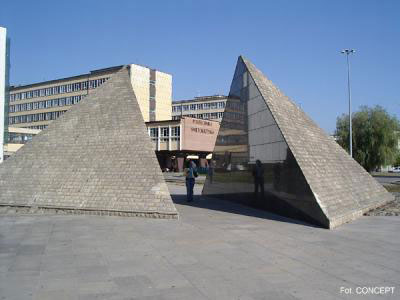
Her husband Tadeusz Kowalski, a former construction worker, has been
unemployed for over eight years. He has had health problems with his back, which cause potential limitations to any job. He receives a pre‐retirement disability pension from the state. Moreover, he finds part‐time jobs on the side, which provide him with an additional income. Many middle‐class workers such as Mr. and Mrs. Kowalski do not declare their part‐time work pay.
Elzbieta and Tadeusz Kowalski are very fond of their daughter Ewa, who is an
excellent Economics student at the local university, and plans to acquire her
diploma in a couple of years. As her parents, they have always stressed education because they believe a university diploma facilitates a higher standard of living.
Ironically, Ewa is a non‐smoker but she advertises and promotes cigarettes in
nightclubs and trendy dinner locations on weekends, a part‐time job which gives her pocket money for her personal expenses. She explained, “Since I like going out I can combine my job with some fun. The money I earn from my night job, I mostly spend on make‐up and clothes.”
Tomasz has never acquired his university degree. He gave up his studies for an
opportunity to travel to

It wasn’t that long ago that most Poles could not pursue high education and
although, people graduated from universities, many of them did not practice jobs in the area they had studied. Others who attended college, and received university diplomas, abandoned their field of studies for better opportunities to work abroad.
“Why attend school for six years and finish with a university diploma if there is still doubt about getting a job to pay the bills?” a Polish man in his early 30`s argued. The reasons for lack of education are evident. A graduate with a law degree in
Since
Language has also been a barrier, but less so today because English was introduced to every schools` curriculum shortly after the communist regime ended in 1990.
Today, there are numerous private language schools in every major city in
Despite the positive changes, many things remain the same. The Polish people are very proud of their history and culture. They are also proud of their homemade foods and handmade products. Religion and cultural tradition play large roles in Poles` lives, although it seems that the younger generation has less concern for these values.
Once the Euro monetary system stabilizes, the Polish economy will improve, and
more people will be able to find employment enabling them to pay their bills, enjoy living in their own homes and the need to work abroad will abate. Poland`s
economy is on a slow road to progress and the people`s optimism is evident,
especially in the recent economic improvements and their daily way of lives.
